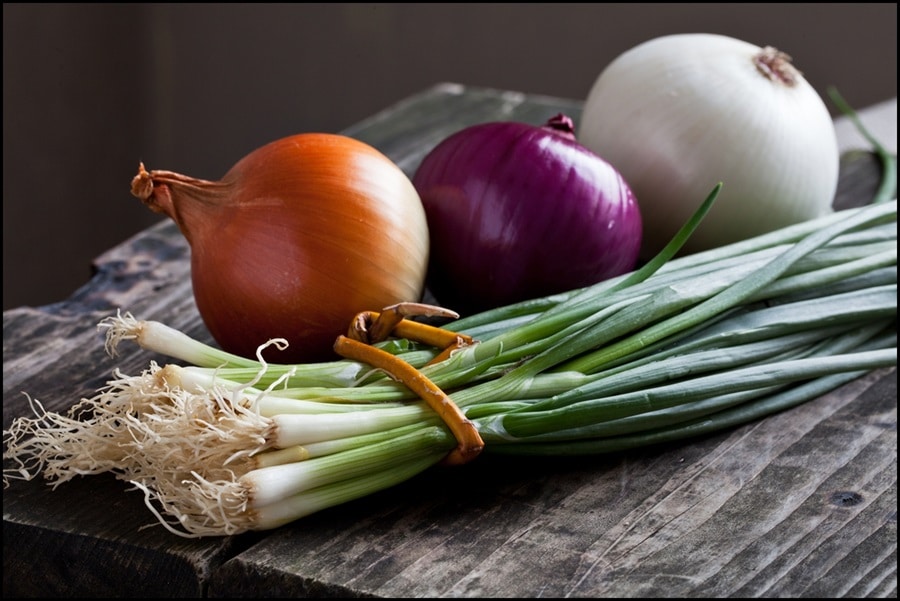Staying hydrated is crucial for maintaining good health and optimal functioning of the human body. While drinking water is the most common method to achieve this, it’s not the only way. Many people find it challenging to consume the recommended daily amount of water or simply seek variety in their hydration sources. This article explores several innovative and effective ways to stay hydrated without solely relying on water. From hydrating foods and beverages to unexpected moisture sources, these alternatives offer hydration and additional nutritional benefits. Whether you’re looking to spice up your hydration routine or need alternatives due to personal preferences, the following sections will guide you through various hydration strategies.
Contents
Understanding Hydration

Hydration is more than just drinking water; it’s about ensuring the body has adequate fluids to perform essential functions. Every cell, tissue, and organ in our body requires water to work efficiently. Hydration aids in digestion, absorption of nutrients, regulation of body temperature, and joint lubrication. Moreover, it plays a vital role in maintaining electrolyte balance, which is crucial for nerve and muscle function. A well-hydrated body also helps flush toxins, enhance skin health, and boost energy levels. It’s important to recognize that while water is a primary source of hydration, other fluids and foods can also contribute significantly to our daily hydration needs.
While most people understand the importance of staying hydrated, not everyone knows how much fluid their body requires. The amount varies depending on age, gender, climate, and physical activity levels. Traditional guidelines suggest eight 8-ounce glasses of water daily, but this does not account for the hydration from food and other beverages. Recognizing alternative sources of hydration can be particularly beneficial for individuals who struggle to drink enough water or are looking for varied ways to meet their hydration needs.
Hydration Through Foods

Hydration can be effectively achieved by consuming certain foods with high water content, particularly fruits and vegetables. Water-rich fruits like watermelon, which contains over 90% water, not only quench thirst but also provide essential vitamins and minerals. Similarly, strawberries, oranges, and peaches are both hydrating and nutrient-packed. Including these fruits in your diet can significantly improve your overall fluid intake.
Vegetables are another excellent source of hydration. Leafy greens like lettuce and spinach are mostly water and offer the added benefit of fiber, vitamins, and minerals. Cucumbers, zucchini, and celery are other great options for hydration. These foods can be incorporated into meals, such as salads, smoothies, or healthy snacks. Not only do they aid in hydration, but they also support a balanced diet and provide essential nutrients for overall health.
Herbal Teas and Their Benefits

Herbal teas are a delightful way to hydrate and can be enjoyed hot or cold. Unlike caffeinated teas and coffee, most herbal teas do not have a diuretic effect, making them an excellent alternative for hydration. Chamomile, peppermint, and hibiscus are popular choices, each offering unique health benefits along with hydration. Chamomile tea is known for its calming properties, aiding relaxation and sleep, while peppermint tea can soothe the digestive system.
Herbal teas also come with medicinal properties. For example, ginger tea can help alleviate nausea and improve digestion, and rooibos is rich in antioxidants. The variety of herbal teas available means something to suit everyone’s taste, making it an enjoyable and beneficial way to increase fluid intake. Additionally, brewing a cup of herbal tea can be a soothing ritual, promoting a moment of calm in your day.
Hydrating with Milk and Dairy Alternatives

Milk is an excellent source of hydration and is often overlooked. It contains a high percentage of water and essential nutrients like calcium, vitamin D, and protein. Milk can be especially beneficial after physical activities, as it helps rehydrate the body and replenish electrolytes. For those who are lactose intolerant or prefer plant-based options, dairy alternatives such as almond, soy, and oat milk can be equally hydrating.
These dairy alternatives not only provide hydration but also offer various health benefits. For instance, soy milk is a good protein and vitamin B12 source, while almond milk is low in calories and rich in vitamin E. Oat milk is known for its fiber content and creamy texture. These options make it easy to stay hydrated while catering to dietary preferences and nutritional needs. Incorporating these into your diet, whether in cereals, smoothies, or as a beverage, can significantly contribute to your daily fluid intake.
The Role of Sports Drinks

Sports drinks are often associated with hydration, especially for athletes or those engaging in prolonged physical activity. These drinks are formulated to replenish electrolytes lost through sweat, such as sodium and potassium, and often contain carbohydrates for energy. This combination can effectively restore hydration and electrolyte balance during intense workouts or in hot climates.
However, it’s important to be cautious of the sugar content in many sports drinks. While sugar can provide a quick energy boost, excessive consumption can lead to unwanted calorie intake and potential health issues. Lower-sugar or sugar-free options are available that still provide the necessary electrolytes. For most people engaging in moderate exercise, a balanced diet and regular fluid intake are sufficient for hydration. Still, sports drinks can be a beneficial supplement for endurance athletes or intense workouts.
Coconut Water as a Natural Hydrator

Coconut water has gained popularity as a natural hydrating drink. It’s a clear liquid found inside young, green coconuts and is rich in electrolytes like potassium and magnesium, with a lower calorie and sugar content than most sports drinks. This makes it an excellent choice for natural, effective hydration.
Studies have shown that coconut water can be as effective as traditional sports drinks for rehydration, making it a great option post-exercise. Its natural composition is also free from artificial colors and sweeteners in many commercial hydration drinks. Its light, refreshing taste, and health benefits make it a popular choice for those looking for a natural hydration option.
Hydration Through Infused Water

Infused water is a simple and flavorful way to increase water intake. Adding fruits, vegetables, and herbs to water can enhance its taste, making it more appealing for those who find plain water uninteresting. Lemon, cucumber, mint, and berries are popular for infusing water, providing a subtle flavor and additional nutrients.
Not only is infused water hydrating, but it’s also free from the added sugars and calories found in many flavored water options on the market. It’s easy to prepare and can be customized according to personal preference. Regularly consuming infused water can encourage increased water intake, improving hydration and overall health.
The Bottom Line
Hydration is essential for health and well-being, and there are numerous ways to achieve it beyond just drinking water. From hydrating foods like fruits and vegetables to beverages like herbal teas, milk, and coconut water, options suit every preference and lifestyle. Sports drinks and infused waters offer additional methods for maintaining fluid balance, especially for those with specific hydration needs. Even regular coffee and tea drinkers can contribute to their hydration with mindful consumption. The key is to find what works best for your body and lifestyle, ensuring a consistent intake of fluids throughout the day. By exploring these alternative hydration methods, you can keep your body well-hydrated, supporting overall health and vitality.


